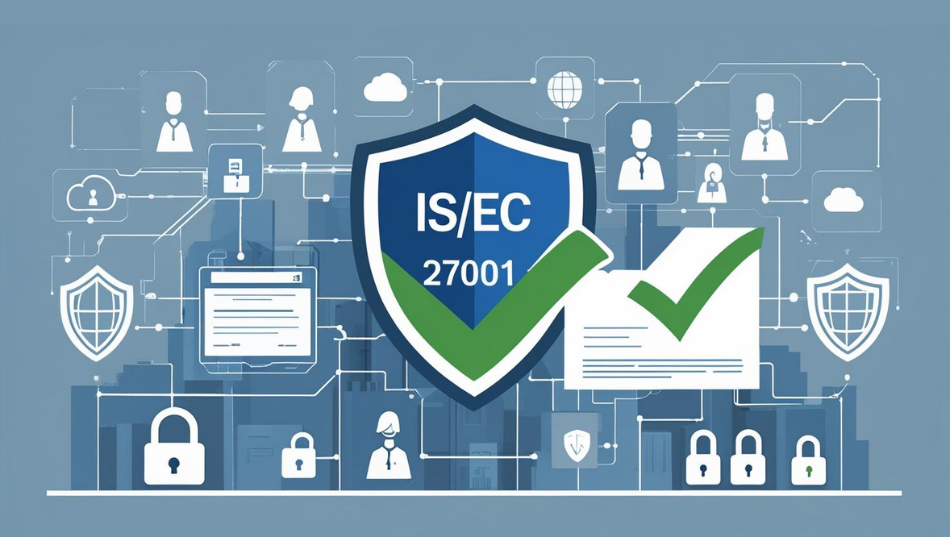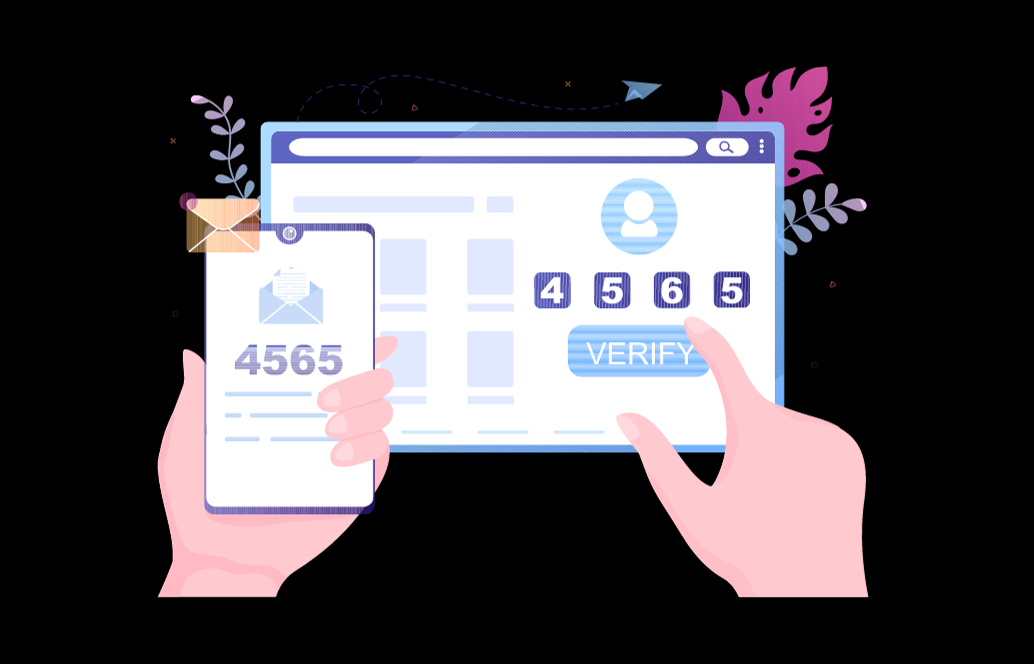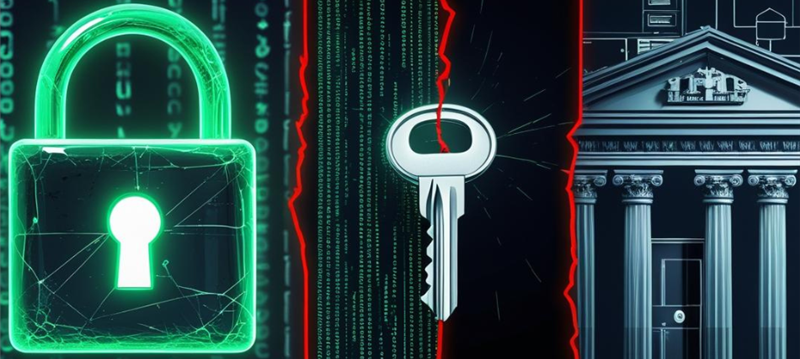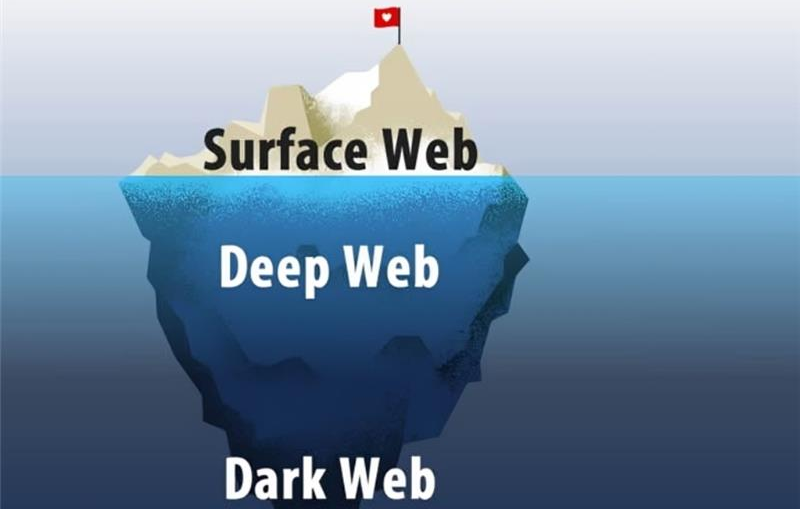The Ultimate Guide to ISO/IEC 27001
ISO/IEC 27001 is the world’s best-known standard for information security management systems (ISMS). It provides organizations with a structured framework to safeguard their information assets by applying effective risk assessment, risk management, and continuous improvement of the ISMS. It’s designed to help organizations of all sizes and industries protect sensitive data, including financial information, intellectual property, employee records, and third-party data.
As the British Standards Institution puts it, “ISO/IEC 27001 gives you the knowledge and confidence to protect your information — and your reputation.”
In this article, we will explore what it is, why you need it, and how to achieve certification.

Importance of ISO/IEC 27001
The ISO/IEC 27001 standard provides companies of all sizes and from all sectors of activity with guidance for establishing, implementing, maintaining and continually improving an information security management system.
Conformity with ISO/IEC 27001 means that an organization or business has put in place a system to manage risks related to the security of data owned or handled by the company, and that this system respects all the best practices and principles enshrined in this International Standard.
This international standard is essential for protecting sensitive data and enhancing resilience against cyber threats. With over 70,000 certificates issued globally, ISO 27001’s widespread adoption underscores its importance in safeguarding information assets.
As cyber-crime is on the rise and new threats constantly emerging, it seems difficult or even impossible to manage cyber-risks. ISO/IEC 27001 helps organizations become risk-aware and proactively identify and address weaknesses.
ISO/IEC 27001 promotes a holistic approach to information security by focusing on people, policies, and technology together—because true protection depends on all three working hand in hand. An information security management system implemented according to this standard is a tool for risk management, cyber-resilience and operational excellence.
Who needs ISO/IEC 27001?
Nowadays, data theft, cybercrime, and liability for privacy leaks are risks that all organizations need to factor in. Any business needs to think strategically about its information security needs, and how they relate to its own objectives, processes, size, and structure. The ISO/IEC 27001 standard enables organizations to establish an information security management system and apply a risk management process that is adapted to their size and needs, and scale it as necessary as these factors evolve.
While information technology (IT) is the industry with the largest number of ISO/IEC 27001-certified enterprises, almost a fifth of all valid certificates to ISO/IEC 27001 as per the ISO Survey 2021, the benefits of this standard have convinced companies across all economic sectors. All kinds of services and manufacturing, as well as the primary sector, private, public, and non-profit organizations.
Companies that adopt the holistic approach described in ISO/IEC 27001 will make sure information security is built into organizational processes, information systems and management controls. They gain efficiency, and often emerge as leaders within their industries.
How ISO/IEC 27001 is Important for your organization
Implementing the information security framework specified in the ISO/IEC 27001 standard helps you:
- Reduce your vulnerability to the growing threat of cyberattacks.
- Respond to evolving security risks.
- Ensure that assets such as financial statements, intellectual property, employee data, and information entrusted by third parties remain undamaged, confidential, and available as needed.
- Provide a centrally managed framework that secures all information in one place.
- Prepare people, processes, and technology throughout your organization to face technology-based risks and other threats.
- Secure information in all forms, including paper-based, cloud-based, and digital data.
- Save money by increasing efficiency and reducing expenses for ineffective defence technology.
Here are some benefits of ISO/IEC 27001:
- Resilience to cyberattacks
- Preparedness for new threats
- Data integrity, confidentiality, and availability
- Security across all support
- Organization-wide protection
- Cost savings
Conclusion
In an era where we see an alarming increase in data breaches, privacy threats, and cyberattacks, ISO/IEC 27001 comes up as the standard that aims at providing security to the most essential asset of most of the companies and enterprises- data and information. Being an internationally recognized framework, it upholds the trust of customers, enterprises, and businesses by safeguarding information from malicious cyberattacks. This implies that it has a key importance whether you start a new enterprise or a widely expanded business.




